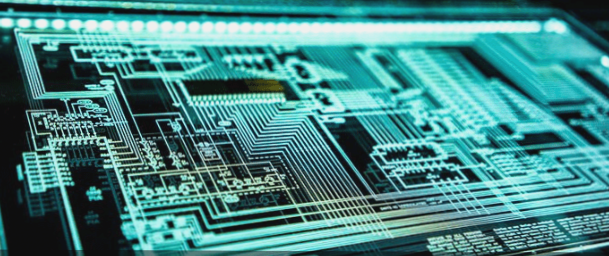PCB Panelization Manufacturing: Optimizing Costs Through Strategic Panel Design

Understanding PCB Panelization for Cost-Efficient Production
In today’s competitive electronics manufacturing landscape, PCB panelization manufacturing represents one of the most significant opportunities for cost reduction in new product introduction. While many OEMs focus on finding the cheapest PCB assembly suppliers in China, true forward-thinking manufacturers recognize that material optimization through panel design strategies delivers far greater savings.
“Panel optimization is the single most overlooked cost-saving opportunity in PCB manufacturing today. When executed properly, it can reduce material waste by 15-30% while improving production efficiency.”
What Is PCB Panelization in Manufacturing?
The assembly panel refers to the manufactured PCB unit designed specifically for SMT assembly lines. Contrary to common misconceptions among professionals, panelization isn’t simply about fitting multiple PCBs onto a single board. It’s a sophisticated optimization process that must balance:
- Manufacturing efficiency – Maximizing material utilization
- Assembly requirements – Compatibility with pick-and-place machines
- Quality control – Incorporating test and inspection features
- Process requirements – Including handling and transportation needs
Key Components of an Optimized PCB Panel
When working with professional PCB manufacturers in China or globally, understanding these critical panel elements ensures better collaboration:
1. Panel Rails (Side Strips)
These additional border areas facilitate machine handling and transportation through the assembly line.
2. Fiducial Markers
Essential for machine vision systems, these IPC-standard markers help determine board orientation and side identification.
3. Test Coupons
Quality verification areas that allow for lamination and process testing without sacrificing production boards.
4. Centering Holes
Precision alignment features that ensure accurate processing through multiple manufacturing stages.
5. Identification Markings
Barcodes, serial numbers, and other tracking information critical for traceability and quality control.
How to Reduce Costs Through PCB Panel Optimization
Many OEMs make the critical mistake of waiting until the manufacturing stage to consider panelization. The most effective PCB panelization strategies begin during the design phase through:
- Early DFM integration – Incorporating both manufacturer and assembler requirements
- Shape optimization – Modifying PCB outlines to maximize panel utilization
- Mixed panel strategies – Combining different PCB designs when practical
- Breakaway tab optimization – Ensuring clean separation without material waste
The Role of Manufacturing Analytics in Panel Optimization
Advanced PCB manufacturing analytics software provides the data-driven insights needed for optimal panel design:
| Analysis Type | Application in Panelization |
|---|---|
| Descriptive | Identifies current panel utilization rates |
| Diagnostic | Reveals root causes of material waste |
| Predictive | Forecasts yield impacts of design changes |
| Prescriptive | Recommends optimal panel configurations |
Implementing a Manufacturing Analytics Platform
For OEMs working with multiple PCB suppliers in China or globally, an enterprise analytics solution delivers:
1. Equipment Performance Monitoring
Real-time OEE tracking across all production facilities and lines.
2. Quality Management
Yield analysis and defect tracking at every process stage.
3. Supply Chain Optimization
Material consumption analytics and inventory management.
4. Full Traceability
Comprehensive data collection from design through final assembly.
Best Practices for PCB Panelization Manufacturing
To maximize your PCB panelization cost savings, consider these expert recommendations:
- Engage with your PCB panelization manufacturer during the design phase
- Implement standardized panelization guidelines across all suppliers
- Invest in design tools that support panel optimization features
- Establish clear communication channels for panel-related feedback
- Regularly review manufacturing analytics to identify improvement opportunities
By taking control of your PCB panelization strategy rather than leaving it to suppliers, you can achieve significant material cost reductions while improving production efficiency and quality outcomes.
